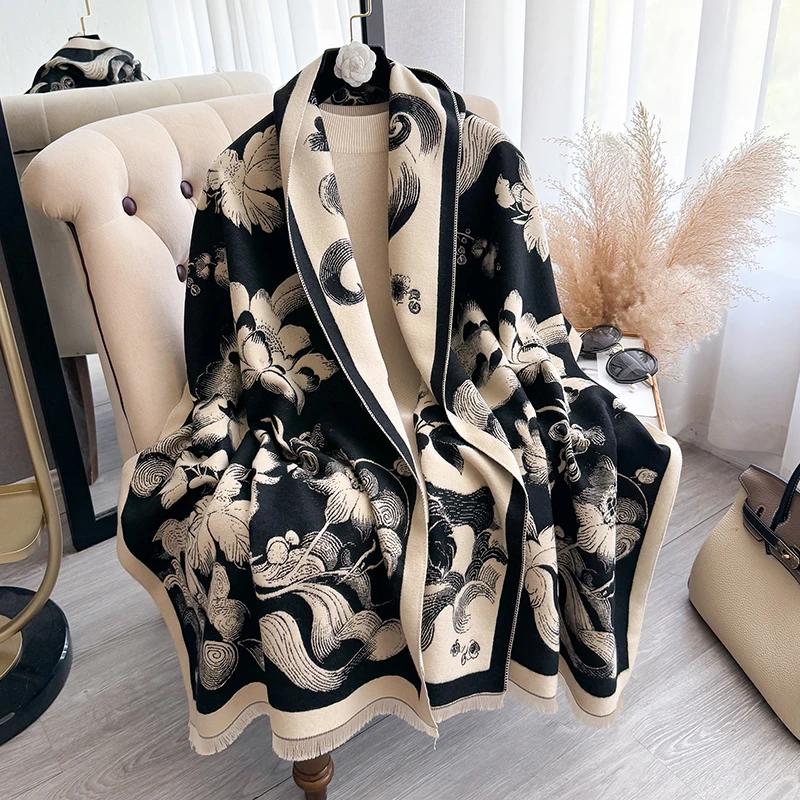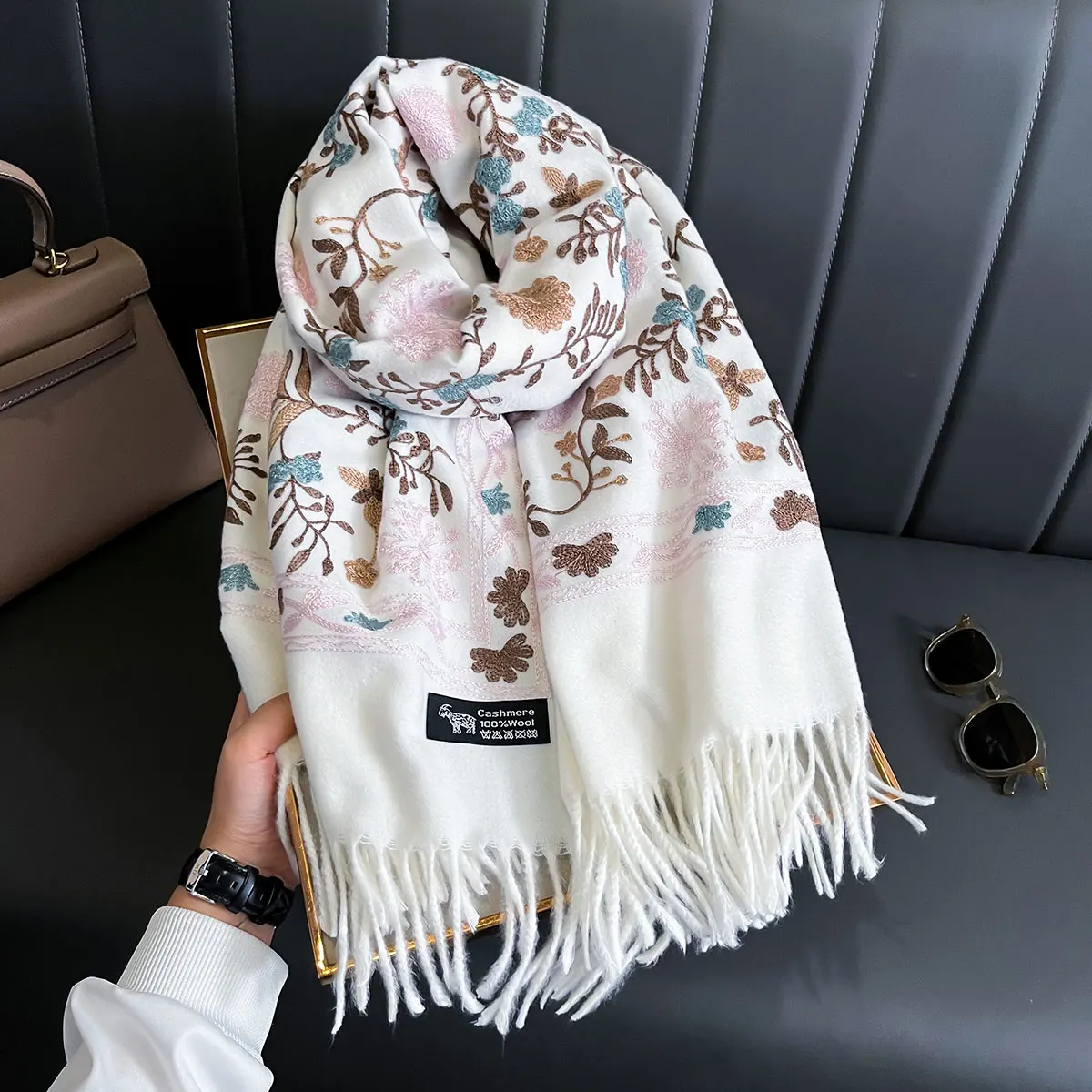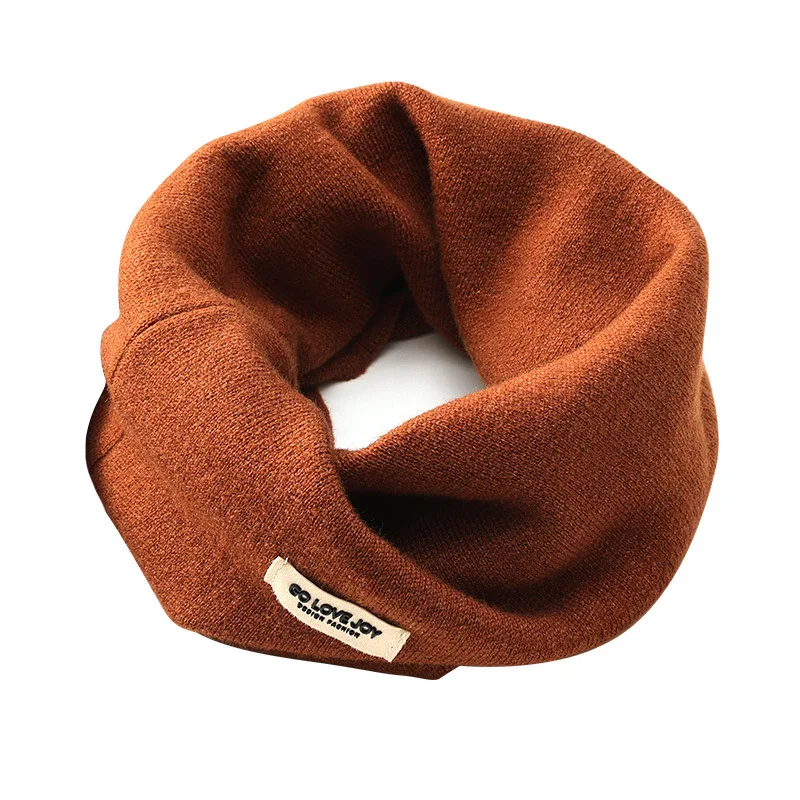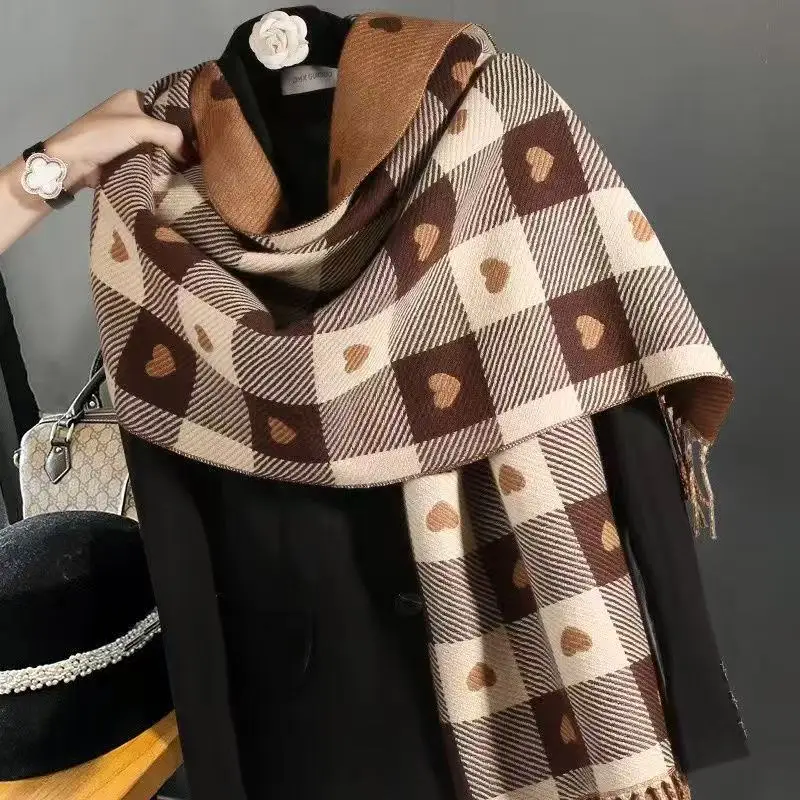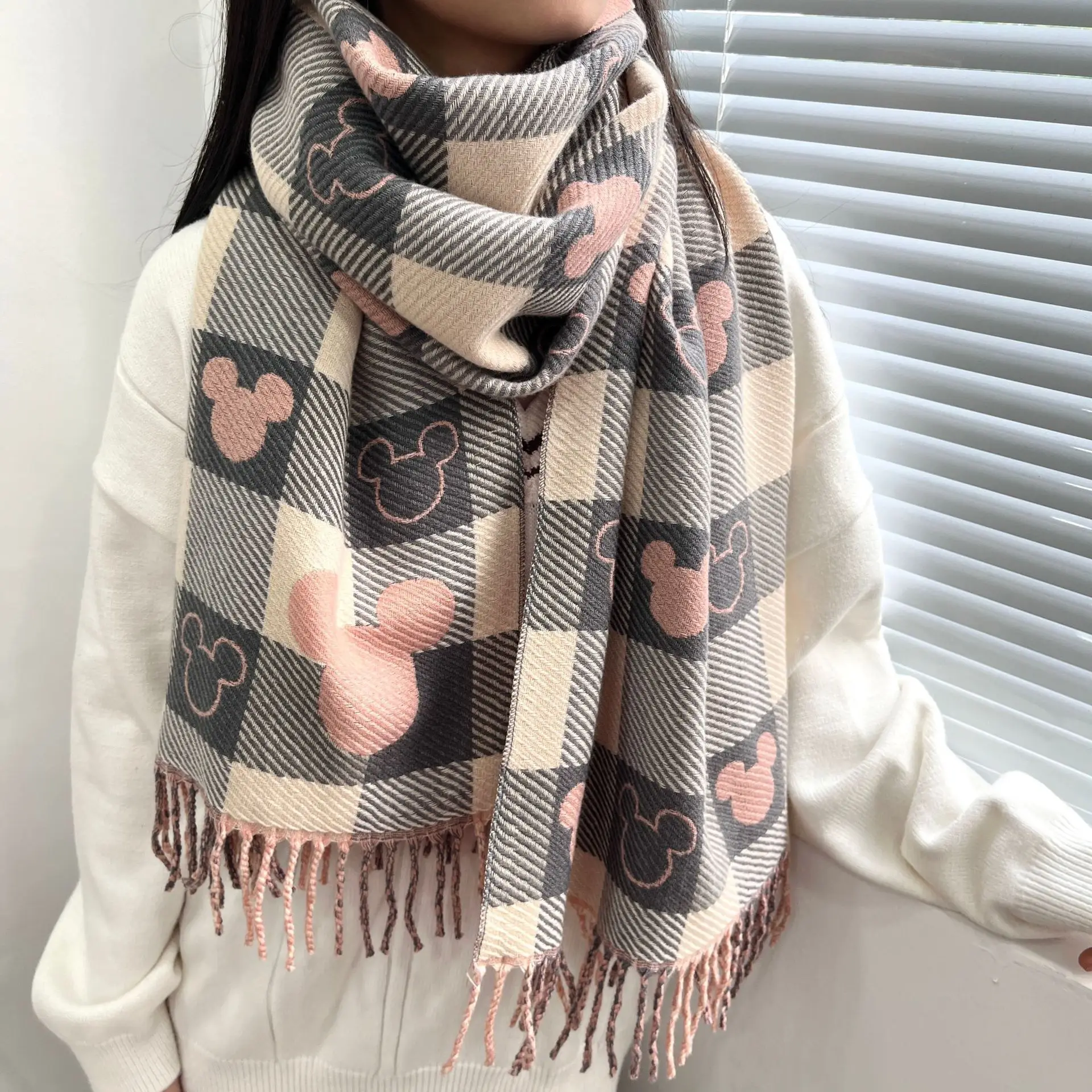A brief overview
PrettyLittleThing, the online fashion giant, has established itself to be an authority in the intensely competitive fast fashion industry. Founded in 2012 and acquired by Boohoo Group in 2017, it has grown a following among customers and admiration for its fast delivery times of new fashion trends. Its development to a billion-dollar company has not avoided criticism, especially concerning sustainability and workers’ rights.
5,000 New Products Each Week
With over 5,000 new products every week, PrettyLittleThing is showing us how far it can stretch the meaning of rapid retail. “We want to bring the latest styles as fast and cheap as possible,” said Umar Kamani, co-founder and CEO of PrettyLittleThing.
High-Profile Collaborations
Collaborations with the short Mecca of Kourtney Kardashian, Ashanti, and rapper Saweetie raised the brand’s profile, but kept prices accessible.
View this post on Instagram
PrettyLittleThing has a vast product catalog of apparel, footwear, accessories, and beauty, to appeal to a wide, style-conscious target customer.
Sustainability Battle
Commercially popular, PrettyLittleThing welcomes increasing scrutiny from critics of fast fashion – sustainability is becoming a big concern. High-volume production results in waste and carbon emissions, much of which questions past green recommendations.
In 2022, PrettyLittleThing launched a clothing recycling campaign, which asked consumers to return used clothing/accessories with the intention of reusing the product. Environmental advocates and activists recognized the positive step, but claimed it simply continued in the spirit of overproduction.
“You can’t recycle your issues,” as one activist so poignantly stated.
Worker rights concerns
In addition to the environmental backlash, concerns about low wages and working conditions at PrettyLittleThing’s supply chain galvanized protests and calls to examine their practices. While PrettyLittleThing acknowledged the inequalities and promised to examine their internal practices, labor advocates have looked for external audits and regulations to help improve workers’ rights. Despite these challenges, PrettyLittleThing continues to rise as a fashion titan, striving to balance its rapid growth with social responsibility, as reflected in CEO Umar Kamani’s statement: “We need to look at what we are doing and take the criticism on board. We acknowledge there is room for improvement, and we are trying to address those problems.
Turning point for the company
As PrettyLittleThing finds itself moving rapidly to develop, they are squarely in a larger debate about the future of fast fashion.
How the organization decides to address everything from sustainable practices to ethical labor, from this point on, will ultimately shape its future, as well as lay a foundation for the rest of the industry.





